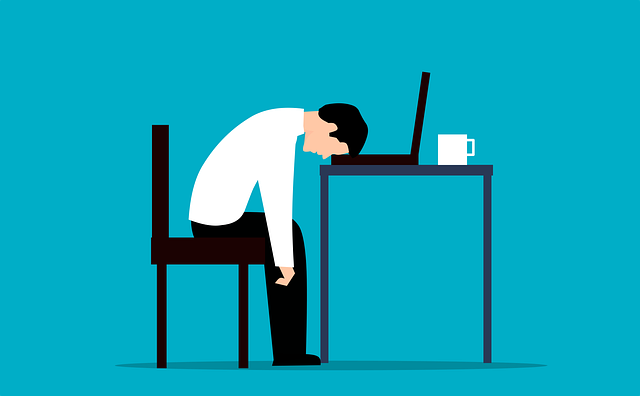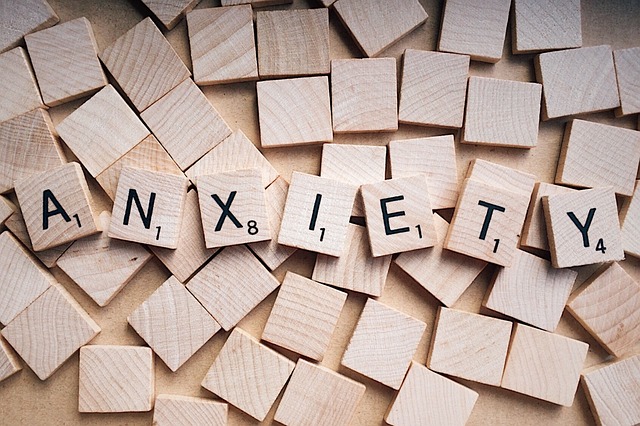Your heart races before a big presentation. Your thoughts spiral at 3 AM about tomorrow’s deadline. That familiar knot forms in your stomach as you check your bank balance. But here’s the question that might be keeping you up at night: Is this normal stress, or have you crossed into anxiety territory?
The truth is, there’s no clear boundary between everyday stress and clinical anxiety – they exist on a spectrum, like dawn gradually becoming day. Understanding where you fall on this continuum isn’t about labeling yourself as “normal” or “disordered.” It’s about recognizing when your mind’s alarm system might need a tune-up.
Consider Sarah, a marketing manager who feels her pulse quicken before client meetings. She rehearses her presentations thoroughly and, while nervous, generally performs well. The stress dissipates once she’s finished. Then there’s Michael, who begins dreading presentations weeks in advance, loses sleep, experiences panic attacks, and has started avoiding client interactions altogether. Same trigger, different impact.
This distinction matters because stress and anxiety speak different languages. Stress says, “Something challenging is happening, and I need to deal with it.” It’s your body’s natural response to demands, like a smoke alarm alerting you to potential danger. Anxiety, however, whispers “Everything is dangerous” even when there’s no smoke in sight. It’s when that alarm system starts blaring at shadows.
How do you know if you’ve crossed that line? Look for these signs: Does your worry feel proportional to the situation? Does it interfere with daily life? Does it persist long after the stressor has passed? Are you organizing your life around avoiding certain situations?
Take the morning commute. Normal stress might mean feeling tense about traffic and planning to leave early. Anxiety disorder might mean mapping multiple alternate routes, having panic attacks at the thought of driving, or calling in sick to avoid the journey altogether. The key difference lies not in the presence of worry, but in its intensity, duration, and impact on your life.
When should you seek professional help? First, understand that asking for help isn’t admitting defeat – it’s practicing self-awareness. Consider reaching out if you experience persistent physical symptoms like chest pain, insomnia, or digestive issues; if your relationships or work performance are suffering; or if you find yourself using alcohol or other substances to cope with your feelings.
Before you decide, try this simple self-assessment: Rate your worry on a scale of 1-10 in terms of intensity, frequency, and life impact. If you’re consistently scoring high in all three areas, or if your worry feels like it’s driving the car instead of riding in the backseat, it might be time for a conversation with a mental health professional.
Remember that seeking help isn’t an all-or-nothing proposition. Some people benefit from occasional therapy sessions to develop coping strategies, while others might need more intensive treatment or medication. The key is finding what works for you.
For managing everyday stress, certain strategies can help: regular exercise, meditation, maintaining social connections, and practicing good sleep hygiene. But here’s the crucial part – these aren’t just self-help buzzwords. They’re scientifically-proven tools for regulating your nervous system. Think of them as basic maintenance for your mind, like changing your car’s oil regularly.
The line between stress and anxiety might be blurry, but your worth isn’t measured by where you fall on that spectrum. Your brain’s alarm system might be more sensitive than others’, just as some smoke detectors are triggered by burnt toast while others wait for actual flames. Neither makes the system broken – they’re just calibrated differently.
Here’s what’s crucial to remember: Experiencing anxiety doesn’t mean you’re failing at life. In fact, it often affects high-functioning, conscientious people who care deeply about their responsibilities and relationships. Sometimes, the very qualities that make you successful – attention to detail, forward-thinking, empathy – can also make you more susceptible to anxiety.
As our world grows increasingly complex and demanding, it’s natural for our stress responses to evolve accordingly. We’re not designed for constant emails, social media updates, and 24/7 connectivity. Feeling overwhelmed doesn’t make you weak – it makes you human in an often overwhelming world.
So the next time your mind starts racing or your palms get sweaty, remember: You’re not broken. You’re not failing. You’re human, navigating a world that sometimes feels too big, too fast, too much. Whether you need professional support or just better self-care strategies, acknowledging your struggles isn’t weakness – it’s the first step toward becoming a more resilient version of yourself.






